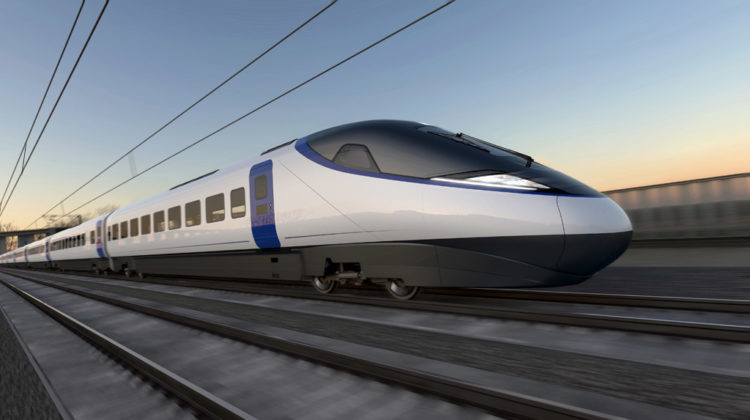
HS2 Ltd has announced the winners of this year’s technical paper competition, which was set up to share insights from Britain’s largest construction project with the wider UK infrastructure industry.
The HS2 Learning Legacy initiative sees the publication of lessons learnt from across the project, including good practice and innovation. It’s supported by a range of industry partners, including the Institution of Civil Engineers.
The five winners of the 2022 technical paper competition are:
1. Driving efficiency and sustainability in material reuse through GeoBIM (Mott MacDonald, Vinci Construction Terrassement Grands Projects and Balfour Beatty). This paper outlines how to use Building Information Management to drive efficiency and sustainability in terms of the reuse of materials.
2. Reducing emissions in construction through Non-Road Mobile Machinery Retrofit (HS2 Ltd, Balfour Beatty VINCI, Imperial College London and Eminox). This report addresses how to reduce emissions and keep existing machinery in use for longer and extend the utility of the embedded carbon and the financial investment in those assets.
3. Designing with landscape maintenance in mind (HS2 Ltd). This paper takes a balanced and pragmatic approach to landscape design and consideration for future maintenance.
4. Euston Bridge 7 mitigation works design and construction (Arup, Skanska and HS2 Ltd). This paper brings together structural design, geotechnical analysis and construction solutions that were applied to mitigate the impacts of tunnelling on a fragile bridge on the approach to Euston station.
5. Streamlining utilities ground movement assessments (Arup). This paper outlines how to improve reliability and speed up decision making backed by data.
They are among 28 new technical papers that will be published following the competition, covering a range of topics including design engineering and architecture; the environment; digital engineering; health and safety; and occupational health and wellbeing.
New Learning Legacy papers, including technical papers and case studies, are published every year; there are now more than 150 resources on the Learning Legacy website. HS2 is also partnering with industry to disseminate the learning through events and engagement, as well as in academia, where real life case studies are shared with post graduate students.
The project builds on similar initiatives connected to London 2012, Crossrail and the Thameslink London Bridge project; however, HS2 is the first project to start early in the project lifecycle, enabling the capture of learning from the early project stages such as procurement, initiation, design and enabling works.
‘Major projects like HS2 do not happen in isolation – we build on the experience and lessons learned from previous projects and rely on the wider industry to deliver,’ said HS2 Ltd’s integration director, Giles Thomas. ‘That’s why I’d like to thank everyone who has contributed to our Learning Legacy project – and particularly our five winners for sharing their insight and experience from across the design and early stages of the project.’
‘Congratulations to all the winners of the technical paper competition, said Mark Hansford, director of engineering knowledge at the Institution of Civil Engineers. ‘The ICE is always looking to collaborate with those who are on the same path as us, and our partnership with HS2 Learning Legacy is an outstanding example of that. I look forward to working with today’s winners and many of the other contributors to this initiative to bring their insights and experience to a wider audience.’
The winning submissions, as well as the other learning legacy papers and resources, have been published on the dedicated Learning Legacy website. Two books of technical papers, published by the ICE, will also be launched.



